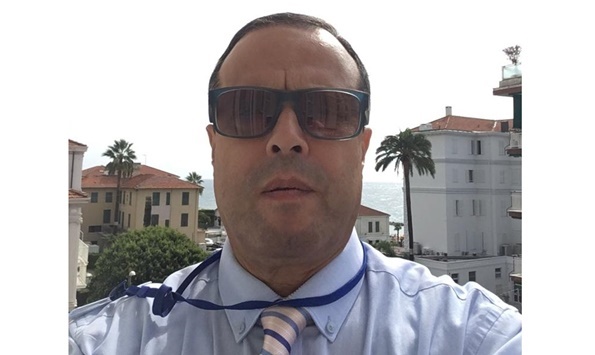Giving the gift of life through organ donation is a good deed and regarded as the highest form of charity, a senior medical official has said.
Dr Yousef al-Maslamani, medical director of Hamad General Hospital and head of the Kidney Transplant Section - Surgery Department, Hamad Medical Corporation (HMC), made the observation while delivering a lecture on organ donation at Al Jasra Club on Saturday.
“Organ donation is the only time when the donor undergoes an operation for the benefit of another person. Does this affect the donor’s life, in case he donates a kidney? Well, the body maintains itself," he said.
The Qatar Organ Donation Centre (HIBA) was established in 2012 to lead, manage and supervise all activities related to the organ donation process, as well as to supervise the implementation of the Doha Agreement for Organ Donation and Organ Transplantation.
The first organ transplantation in Qatar took place in 1986. Before that, around 68% of citizens who availed of kidney transplants abroad were exposed to health complications, and some 12% died as a result of getting organs from certain countries. This eventually led to the promulgation of Law No. 21 of 1997 and Law no. 15 of 2015, which prohibit and punish any illegal transplantation of organs in Qatar.
Replying to a query from the audience about the Shariah fatwa on organ donation, Dr al-Maslamani said: “The transplantation of organs from a living person to another is allowed under the Shariah law. Giving the gift of life through organ donation is a good deed and regarded as the highest form of charity in the eye of Allah.”
Dr al-Maslamani explained the organs that can be donated from a living donor, namely the liver and kidneys. As for the organs that can be donated after death, these are the lungs, heart, pancreas, gall bladder, liver, kidneys and bones. He stressed that citizens and residents have confidence in doctors, and therefore the family of the clinically deceased person must be consulted if he was a donor, whether they agree to donate his organs to another patient.
Organ transplantation is a person-to-person transfer procedure from a donor to a recipient. He stressed that the first kidney transplant for children in Qatar took place in 2014, the first liver transplant in 2011, and the first lung transplant in 2021.
The Qatar Organ Donation Centre annually has carried out awareness campaigns on the benefits of organ donation at various public locations as well as universities, malls, in more than 15 geographically distributed locations, and during events of the Indian and Filipino communities. Field campaigns have been conducted to spread awareness and the culture of organ donation.
Dr al-Maslamani said the Donor Registry showed a rise in the number of donors from 2,424 in 2012 to 500,000 in 2023.
More than 500,000 donors of different nationalities have been registered in Qatar until now. "Organ transplantation helps the patient lead a semi-normal life, and the values of this process stipulate that if you are a donor, you may take an organ without any effect. No nationality or religion affects that except for precedence on the waiting list according to the World Health Organisation," he added.

Dr Yousef al-Maslamani with Hanan Badi, the moderator.

A view of the audience.

